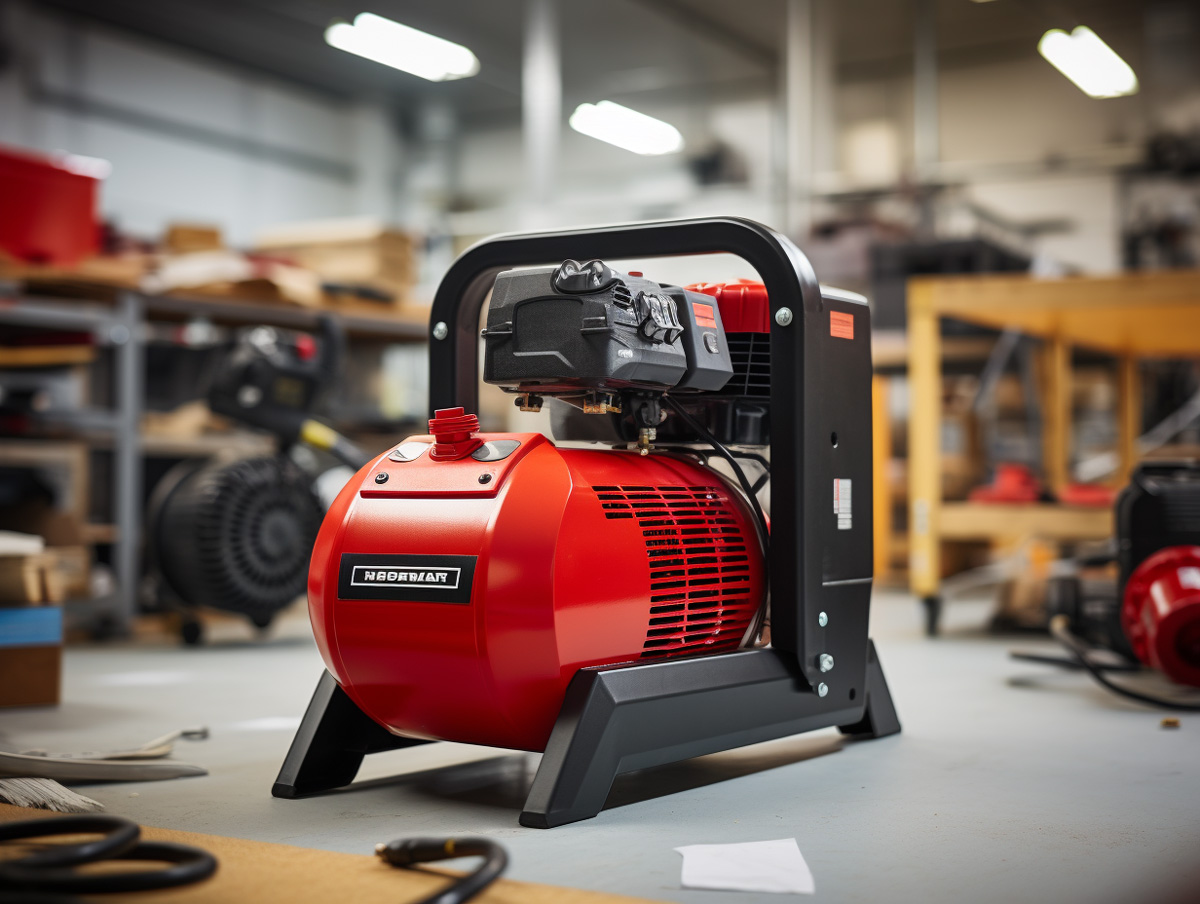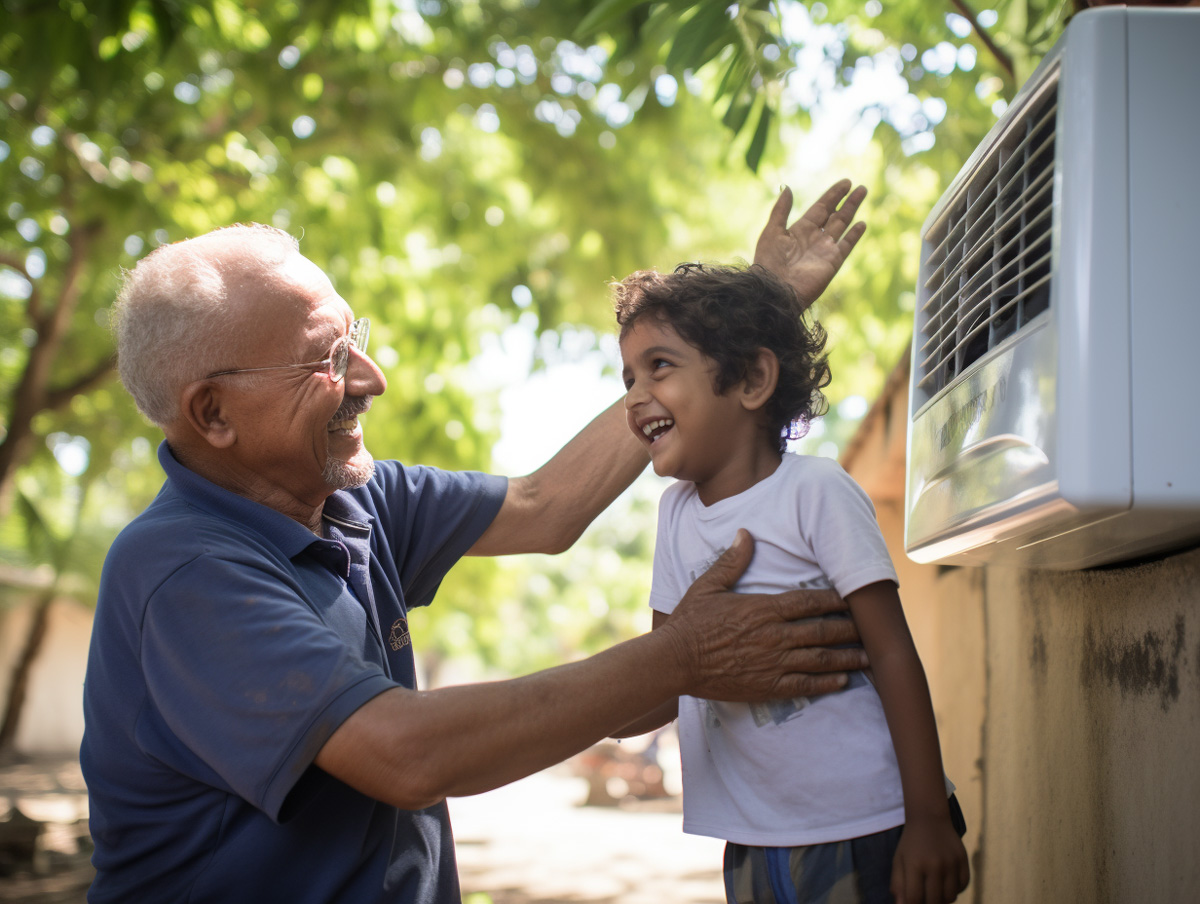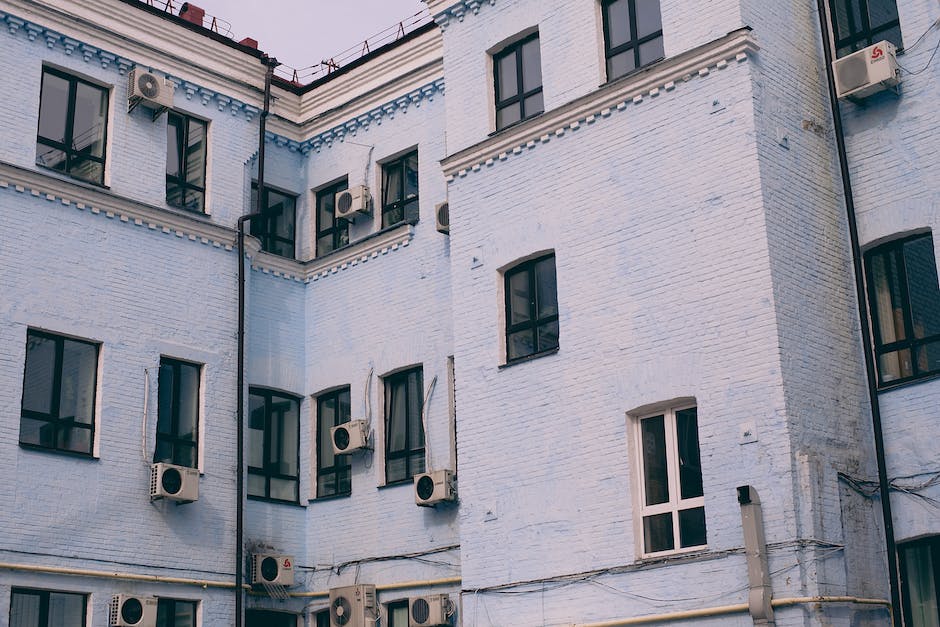Suppose you or any relative of yours is a serving officer in the US military or a retired US military service member. In that case, there is a probability that you may have come across the term "VA loans." VA loans are offered to active-duty military personnel, retired veterans, and eligible spouses of veterans who have either died in the line of duty or were disabled throughout their service.
The objective of VA loans is to provide eligible applicants with ease in financing a home with little or no down payment in the absence of mortgage insurance and offers very lenient credit terms. In other words, VA loans are guaranteed by the federal government and are disbursed through the Department of Veteran Affairs.
If you are struggling to put food on the table, read our article about restaurants near you that accept EBT.
What Are VA Loans?
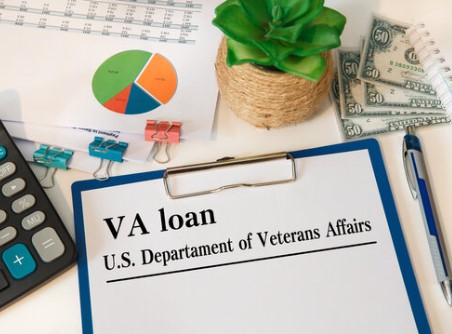
VA loans differ from traditional home-buying loans in that they are specifically intended to address the homeownership needs of veterans and to serve members of the US military. As compared to traditional home loans, VA loans require little or no down payment and do not need the loan applicants to acquire private mortgage insurance.
Due to their popularity among individuals and families associated with the US military, VA loans contribute to thousands of military families opting for home ownership every year. It is not necessary that the VA loan must only be used for the purchase of a new home. Those who are eligible for VA loans can repair, renovate, or improve their existing homes.
VA loans can be used for home improvements without reducing your qualification. If you want to renovate your porch, upgrade your kitchen, fix leaking pipes, or patch up a cracked wall, you might need financial assistance. These repairs and issues might seem minor in nature, but if left unattended, they may pile up or might grow to become a big, expensive mess.
Borrowers' creditworthiness, the value of their homes, and the amount of equity in their properties are considered when determining loan amounts. It usually has a lower interest rate than a traditional loan since it is secured by a first or second lien on the property. A down payment of at least 5% of the loan amount is required, and the loan must be repaid within 15 years.
A large portion of our monthly expenses goes towards rent. If you are unable to pay your rent on time or are struggling to make ends meet due to skyrocketing rent, read our comprehensive guide on emergency rent assistance grants.
VA Renovation Loan Guidelines
You cannot just go about just changing anything about your home using a VA home improvement loan. According to the VA home improvement loan guidelines, you can undertake only the following tasks using the money from this loan.
- Repairing a damaged floor or roof
- Repairing or replacing electrical wiring or fixtures
- Repairing or replacing the HVAC system
- Removal of old lead paint
- Repairing or replacing damaged foundations.
- Repairs are aimed at making the house more energy-efficient.
The main thing that comes into play when looking at whether the repair or improvement in question is eligible under VA rules or not is the fact that these modifications must be common in similar houses in the vicinity of the property in question and have similar market value. This means you cannot use the loan for adding luxury features to your home, such as cosmetic landscapes, marble columns, or building a rooftop swimming pool.
Another way veterans, service members, or military families can benefit from VA loans is to purchase an older but livable property that requires minor or extensive repairs, and then they can redecorate, reconstruct, or redesign it as per their preferences and needs.
VA Home Improvement Loan Options
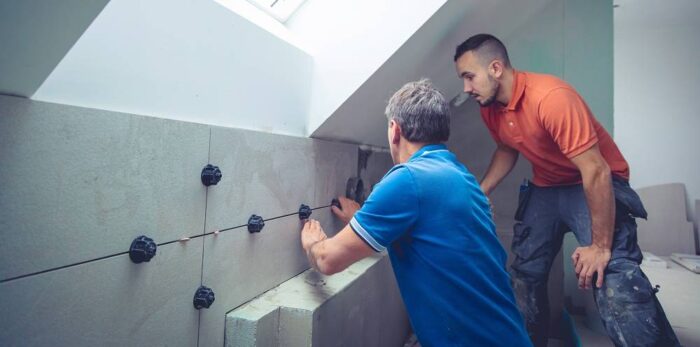
More than $1.7 trillion in home loans have been guaranteed by the Department of Veterans Affairs (VA) as of 2019. You can improve the appearance and livability of your current home using one of the following options.
VA Cash-Out Refinance
The VA cash-out refinancing program may allow you to tap into the home equity if you owe less than the home is worth. Home improvements are one of the many purposes for which you can use the cash-out money.
This method can also be used to refinance conventional or FHA loans into a VA-backed mortgage. You can replace an existing VA loan with a cash-out refinance loan to access the equity in your home. This money can also be used to consolidate debt or make improvements to your home.
VA Renovation Loan
Home improvements can be rolled into your mortgage with VA loans for alteration and repair. The VA's minimum property requirements are not required for this option. If the home does not meet the VA's standards, you can use the repair money to fix it.
If you own a home that needs some repairs and renovation, you might want to consider a VA renovation loan. It is generally the case that the loan amount for a VA cash-out refinance cannot exceed the value of the home at the time of the refinance.
An important aspect of a VA renovation cash-out refinance option is that the maximum amount of the home improvement loan depends on the forecasted value of the home once the repairs take effect. VA loan recipients might be charged a construction fee by the lending organization of up to 1-2 percent of the VA home improvement loan that they receive. This construction fee is charged on top of the usual loan origination charge and VA funding fee.
VA Loan For Energy-Efficient Homes
An energy efficiency improvement can be rolled into a VA loan if you're buying or refinancing the home. Solar heating and cooling systems and thermal windows are acceptable improvements that qualify for integration into a VA home improvement loan.
The following project costs determine how much paperwork and lender scrutiny is required.
- For a loan amount of $3,000 or less, the VA believes that these energy efficiency improvements to your home will be offset by a corresponding decrease in your utility bills.
- The VA will evaluate the applicant's plans for energy efficiency if the plan amount is between $3,000 and $6,000 to ensure that the savings in your monthly utility expense are more than the amount by which your monthly mortgage payments will increase.
- If the requested loan amount is over $6,000, lenders often exercise greater due diligence and scrutiny. In this situation, the applicant would need to secure a 'certificate of commitment' from the VA. This certificate serves as proof for the lender that the VA has approved this loan and is backing it.
Supplemental VA Loans
Home improvements can also be financed with a VA supplemental loan. You must have an existing VA mortgage to qualify for the VA supplemental loan.
As part of a refinance or as an addition to the existing mortgage, the supplemental loan can be structured as a second mortgage. The usage of the amount received from this loan is restricted to projects that improve the livability of your home but not for unnecessary projects such as interior decoration, landscaping, or swimming pools.
For projects costing $3,500 or less, you will need a VA-approved appraiser to issue a "statement of reasonable value." Lenders will require a compliance inspection and a "notice of value" for projects costing over $3,500.
VA Home Improvement Loan Application
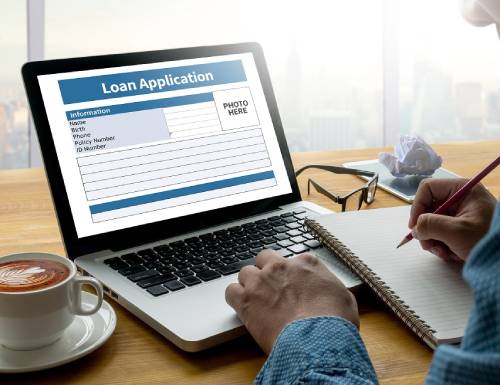
The VA does not provide VA home improvement loans directly to eligible individuals. Instead, the VA has a list of approved private mortgage lenders that work in conjunction with the VA to provide. The VA dominates the eligibility and application side of the process, whereas the private lenders manage the scrutiny and disbursement of the loans.
Eligible individuals will need a Certificate of Eligibility (COE) through the VA or the VA-approved lender of their choice. The forms you need to fill out and other requirements to obtain a Certificate of Eligibility can vary for different eligible individuals depending on their military status. One may apply for a COE using one of the following three ways:
- Online application
- Application via mail
- Applying directly in the case of some specific lenders
When you have obtained a Certificate of Eligibility from the VA or an approved lender, you can apply for a VA home improvement loan with a private VA lender.
Eligibility Criteria For A VA Home Improvement Loan
Serving members of the US military, retired personnel, veterans, and military families need to first establish their eligibility before they can apply for VA home improvement loans. Any applicant who was dishonorably discharged from the military is categorically disqualified from seeking a VA loan.
One of the following set of eligibility criteria must be met by the following groups of loan seekers:
- The participants of World War II, the Korean War, or the Vietnam War must either have actively served in the military for at least 90 days or have been discharged from the military due to a service-connected disability.
- The Gulf War participants must either have been on continuous active duty for a duration of 24 months, have served for at least 90 days if they had been honorably discharged, or have been discharged from the military due to a service-connected disability.
- For all military members who did not witness war and served only during peacetime, they must have served in the military for at least 181 consecutive days of active duty or were discharged due to a service-connected disability.
If you or someone in your family has served in the US military at any point in time, you might be eligible for a VA home improvement loan to improve the condition and the livability of your home.
With regard to the improvements you can make to your home using a VA loan, you must adhere to the specified set of improvements that are allowed under this financing arrangement. Check your eligibility to see if you qualify for a home improvement loan.
Frequently Asked Questions:
VA home improvement loans are a type of financing specifically designed for eligible veterans, active-duty service members, and some surviving spouses to make improvements, repairs, or modifications to their homes. These loans are backed by the U.S. Department of Veterans Affairs (VA).
VA home improvement loans can be used for various purposes, including energy efficiency upgrades, accessibility modifications for disabled individuals, general home repairs, and renovations that improve the property's value.
To apply for a VA home improvement loan, first confirm your eligibility by obtaining a Certificate of Eligibility (COE) from the VA. Next, research and select a VA-approved lender. The lender will guide you through the application process, which typically includes providing personal and financial information, as well as details about the planned improvements.
You can also use VA for dental implants, to know the cost, check out our article about VA dental implant cost.
Visit Gov-Relations for government and private assistance programs that can provide you with financial support. For more information regarding housing grants for veterans, read our guide on specially adapted housing grants for veterans with PTSD.



